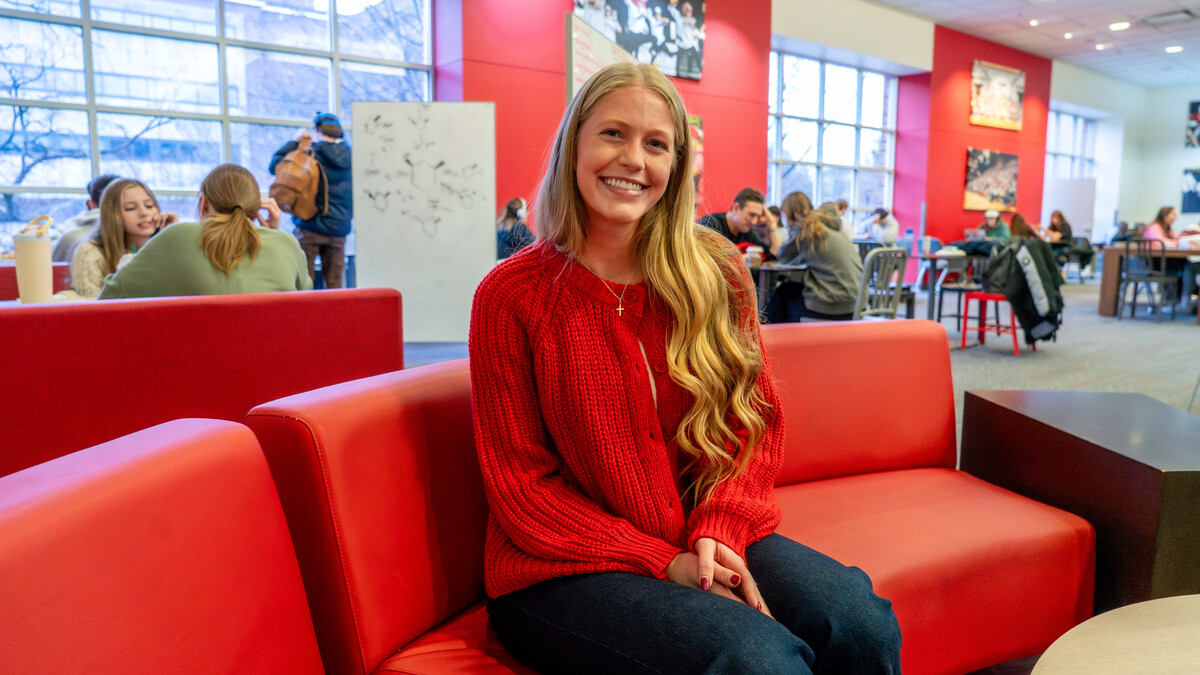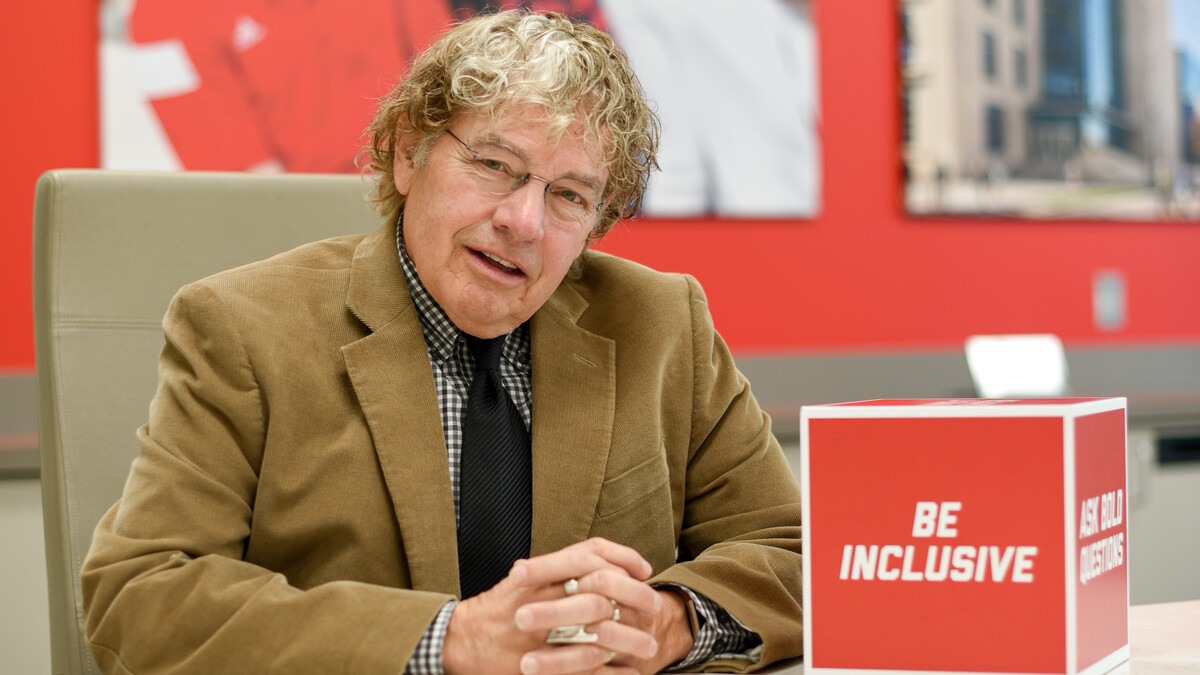
The University of Nebraska–Lincoln recently honored six individuals and one student organization during its annual Nebraska Diversity, Equity and Inclusion awards.
Organized by the Office of Diversity and Inclusion, the honors recognize individuals and groups who actively advance diversity, equity and inclusion in transformative and sustainable ways on campus and in the community.
The University Communication and Marketing team reached out to the honorees to learn more about what drives them to help build a more inclusive community on campus and in the broader community. The series continues with Chad Brassil, associate professor of biological sciences and recipient of the Diversity Leadership award for faculty.
During his career as an instructor, Brassil has worked behind the scenes to develop solutions and remove barriers to make undergraduate education more inclusive. His work includes running “Deep Dive,” a year-long intensive teaching program for 12 faculty with the School of Biological Sciences. The team met several times to examine individual instructor- and course-level data on equity gaps.
And, in the last 15 years, Brassil’s service and leadership have impacted the inclusive teaching practices of hundreds of faculty, influenced policies and strategies of multiple departments, and informed key university initiatives related to diversity, equity and inclusion.
What does receiving the Diversity Leadership Faculty Award mean to you?
It is very humbling to be recognized for this award. My hope is that my receiving this award can be a demonstration that DEI work can be done by anyone, and ideally, everyone at UNL.
What do you hope to accomplish in your lifetime?
I already feel a sense of satisfaction with the footprint I’ve had on advancing DEI at this campus. I often look back at the adoption of the Human Diversity in U.S. Communities course requirement in the College of Arts and Sciences as my most impactful effort. However, my current efforts on closing equity gaps in the performance of our undergraduate students would be more profound. At the same time, I increasingly recognize it at as lifelong objective. I think hope is a big part of this statement, but I hope to accomplish the closure of equity gaps by race/ethnicity and first generation across UNL in my lifetime.
What or who inspires you?
I am inspired by so many people at UNL who operate with hope that our community can be better than we are, that includes individual undergraduate students as well as colleagues in my department and across campus. I am inspired by the effectiveness and fortitude of various university leaders under which I’ve worked over the years.
What is your advice to others looking to make an impact?
My advice is first to have a compass that orients your impact, and equally important is to be utilitarian and tenacious. Roadblocks are to be expected; it is the successful detours that get us to our destination that are to be celebrated.







